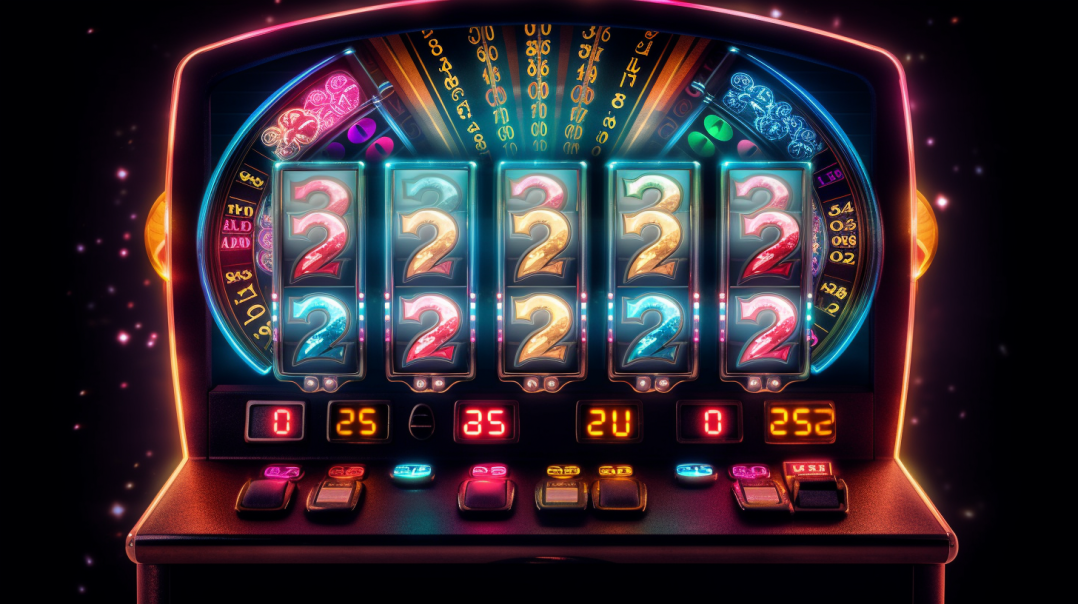In a world where technology continually reshapes our experiences, the realm of sports has not been left untouched. While the stadium has long been the epicenter of the sporting experience, advancements in technology have expanded the horizons, ushering in a new era of live link slot entertainment. Beyond the confines of brick and mortar stadiums, a digital revolution is underway, unraveling a tapestry of experiences that redefine how we engage with our favorite games.
The rise of live streaming platforms has democratized access to sports events like never before. No longer constrained by geographical boundaries or ticket prices, fans can tune in from across the globe to witness their favorite teams in action. Whether it’s a football match in Brazil, a cricket game in India, or a basketball showdown in the United States, the digital landscape erases barriers and fosters a global community of sports enthusiasts.
But the transformation extends beyond mere accessibility. Augmented Reality (AR) and Virtual Reality (VR) technologies are redefining the very nature of the spectator experience. Imagine donning a VR headset and finding yourself courtside at a basketball game, feeling the energy of the crowd and witnessing the sweat bead on the players’ brows as they battle for victory. With AR overlays, viewers can access real-time statistics, player profiles, and replays, enhancing their understanding and enjoyment of the game.
Furthermore, advancements in Artificial Intelligence (AI) are revolutionizing sports analytics and performance tracking. Coaches and players now have access to a wealth of data, from player movement patterns to physiological metrics, empowering them to fine-tune strategies and optimize performance. AI-driven simulations allow teams to rehearse game scenarios and devise strategies with unprecedented precision, giving them a competitive edge on the field.
Social media platforms have emerged as virtual stadiums, where fans congregate to celebrate victories, commiserate defeats, and engage in spirited debates. From Twitter to TikTok, sports fandom finds expression in memes, viral videos, and interactive polls, blurring the lines between athletes and their admirers. Athletes, in turn, leverage social media to connect with fans on a personal level, offering glimpses into their lives beyond the game and forging deeper bonds with their audience.
The fusion of sports and technology has also spawned a new breed of immersive experiences, transcending traditional boundaries. Esports, once dismissed as a niche pursuit, has exploded into a multi-billion-dollar industry, attracting millions of viewers to spectate virtual competitions in games like League of Legends, Fortnite, and Dota 2. What began as a subculture has now become a mainstream phenomenon, blurring the lines between physical and virtual sports.
Moreover, the advent of blockchain technology is revolutionizing sports fandom by introducing concepts like digital collectibles and fan tokens. Fans can now own a piece of their favorite teams, participating in governance decisions and accessing exclusive perks and rewards. NFTs (Non-Fungible Tokens) enable athletes to monetize their moments of glory, transforming highlights and memorabilia into digital assets that can be bought, sold, and traded in a decentralized marketplace.
